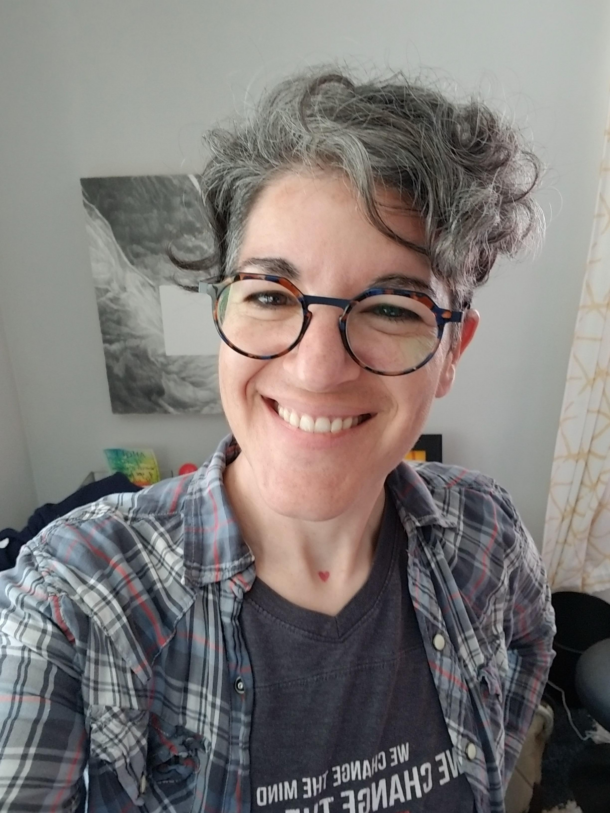Three quick stories about money:
A British coach living in France recently agreed to give me a one-off coaching session; I had read her book, Quantum Skills for Coaching, and reached out to her via LinkedIn. When I asked how much to pay her and how to get the money to her, she looked through the web chat camera, cocked her head a touch, and said, “You decide how much and… give it to someone it would be meaningful to.” She later told me this giveaway is something she’s advised others to do.
I gave an amount of cash equal to what I charge for a one-off session to a friend who works with kids from low-income families. She used it to buy one kid a pair of glasses and gave the rest to a family with a seriously ailing child.
Even more recently, I went to see my favorite acupuncturist, Stephen Kirbach, at Roanoke Community Acupuncture. Their sliding scale runs from $25 per session to $45. In accordance with my ability and also a chart they used to have that suggested a payment based on your income, I paid $45. Honestly, it’s still a bargain compared to what I used to pay for acupuncture and with even better results.
There was an issue with the payment interface and the woman helping me navigate it pulled up all of the recent transactions. Despite the array of perfectly lovely cars in the parking lot, everyone else had paid $25.
My mom told me this one over the weekend: She was at Food Lion and there were teenagers in line in front of her who came up just a few dollars shy of their grocery bill. My mom wanted to help but didn’t want them to feel any shame about not having enough money and so, as they decided what items to do without, she said, “Oh, it all looks too good to leave! I want to come to your house!” and not only paid the difference but insisted they keep the change.
Money is not only the paper, coin and bytes that we exchange for goods and services. It’s also symbolic, the walk that proves – or disproves – our talk.
In America, we love a good wellness regime even while we spend the least percentage of our incomes on our food (according to a USDA report from 2015). We glorify the American Dream of a person bootstrapping their way from rags to riches but we more often give our money to established businesses rather than startups; the Waltons, for example, gain $70,000 of Wal-Mart wealth every minute. How much to you reckon all of the Etsy vendors combined pull in during that same 60 seconds?
The Gremlins of Zero-Sum Scarcity would have us believe that we can only be safe if we protect our own financial interests, if we pay as little as possible. And yet, outlandish though it may seem, that kid with the new pair of glasses might just grow up to be the nurse who someday saves the life of someone I love. In this web of interconnection in which we all live, I can’t rule it out. I sure can’t rule out that if Stephen can’t earn enough at the acupuncture clinic to pay his bills, he might just quit acupuncture for a different kind of work, leaving me in need of finding someone else who can fix my back with 15 wee needles in 90 wee minutes. (He’s never mentioned a risk of that happening but…)
Only you know your finances. And only you know where your money is in proximity to your mouth. Double checking that distance from time to time strikes me as an underused and deeply important part of creating your best, most meaningful life.
Newsletter community gets this post delivered right to them each Monday morning along with all sorts of bonuses including giveaways, community-only classes, and our weekly Chomp & Chat gathering. We’d love to have you join the fun! You can do so in less than a minute here.
